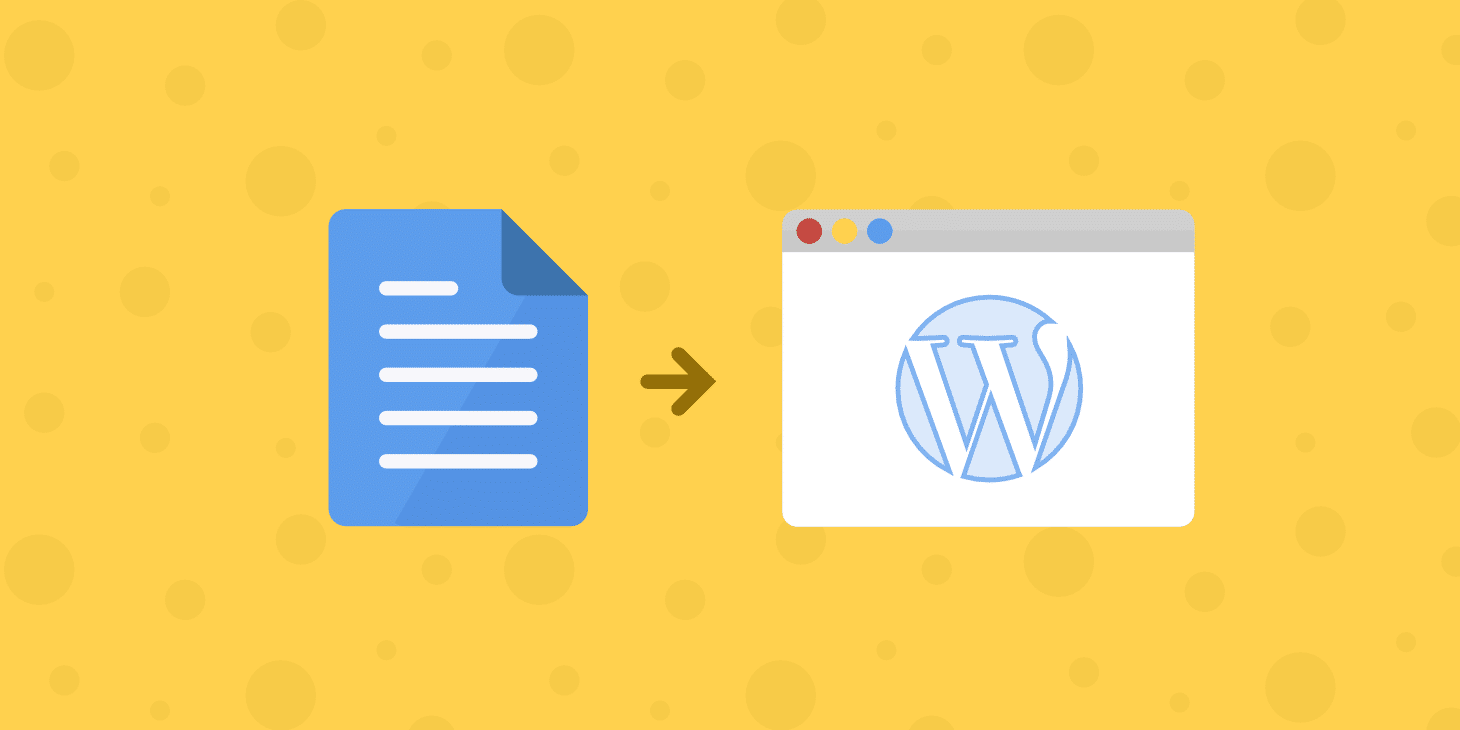Our Blog
5 Easy Steps To Import Content From Google Docs to WordPress

Are you wondering how to import content from Google Docs to WordPress websites? A lot of bloggers are converting HTML to WordPress or switching platforms to acquire an easily manageable interface. Most of them like to use editing tools like Google Docs rather than the CMS’ default editor. In order to import articles from such tools to the website, a lot of people employ the cut-and-paste technique. This is a simple solution but you can lose all your formatting in this process. You will have to redo all the changes in the website editor to present the write-up in the desired manner. The following process will allow you to seamlessly import content from your Google Docs account to your interface.
1. Install And Activate The Jetpack Plugin
Jetpack is a powerful suite of tools that WordPress website owners must consider using. It provides them with a set of solutions for monitoring security and performance as well as conducting website management. The plugin comes with a vast range of versatile extensions which users can choose to fulfill their requirements. Go to your admin dashboard and access the Plugins section. Click on the Add new link and search for the plugin. Once you locate it among the results, click on it to download its files. As soon as you activate the tool, you will be asked to connect it to your website. Do so by clicking the relevant button and then move to the next step.
2. Authorize The WordPress.com Google Docs Add-on
Log in to your Google Docs account and open a new document. Locate Add-ons among the list of options visible right on top of the page. Click on it and then hit the Get add-ons link. Search for the WordPress.com for Google Docs add-on. Hit the Free tab and you will be asked to sign in to your Google account.
In case you are already logged-in, you will be directed to the request for permission page. Here you will need to authorize the add-on to run. Press the Allow tab and the add-on will now start functioning on your account.
3. Connect The WordPress.com Add-on To Your Website
In order to import content from Google Docs to WordPress, you will need to connect the add-on to your website. Open an article in Google Docs which you want to send to your interface. When you click on the Add-on link now, you will see the newly-activated add-on in the list of options. Click the add on and then choose the Open option.
A new message box will open asking you to permit Google Docs to access your WordPress website. Hit the Authorize button and a new tab will open.
In this tab, you will have to choose the interface which you want to connect with the service. Select your WordPress website to which you added the Jetpack plugin in the first step. Press the Approve button and you will be directed to your website’s login screen.
Enter the details and log in to your interface. The add-on will now be connected to your website. In case, an error occurs, delete the cache from your installation and your server to fix it.
4. Configure JSON API
If your website is successfully connected with the add-on, you must move to the next step. However, some users might encounter a problem asking them to enable the JSON API. In order to resolve the issue, they must go to the Jetpack settings screen in their dashboard. Here you will find an option for enabling JSON API. Toggle the button to the on position and save your changes.
5. Import Content From Google Docs To WordPress
It is now time to actually import content to your WordPress blog from your Google Docs account. Go to the article which you had opened in Step 3 and reload the page. Now when you select the add-on, a new message box will open on the right. It will provide you with an option to save the draft to WordPress website.
As soon as you hit the Save Draft button, you will see a link for previewing the content in your interface.
Conclusion
This simple process to import content from Google Docs to WordPress will enable you to ease and speed up your content creation process. You can use Google’s popular service to compose attractive write-ups and share them seamlessly with your website.







